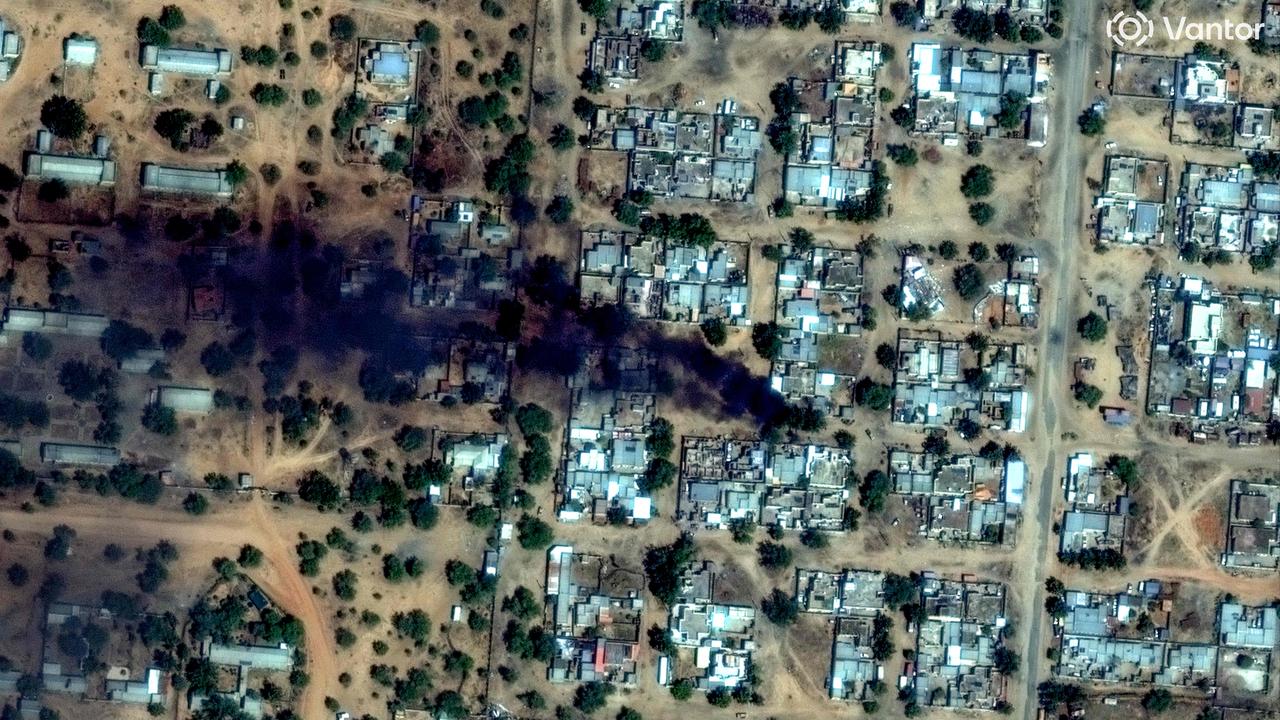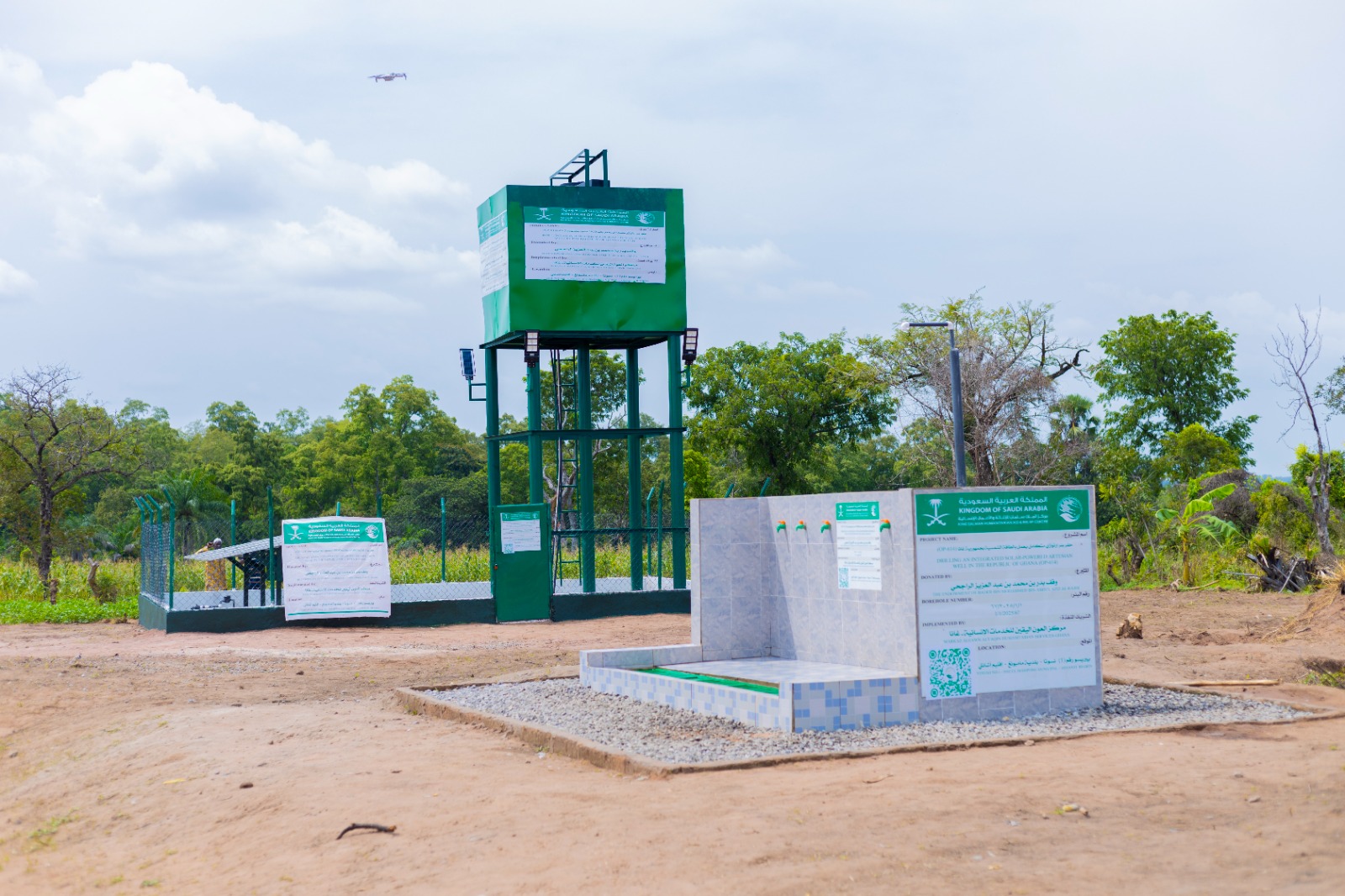Copyright news

From orbit, the tragedy of El Fasher can be seen with the naked eye. Satellite images have revealed a horrific scene in Sudan, with red-stained earth and clusters of human bodies visible from space. It is grim evidence of a slaughter that has captured the world’s attention. The massacre in the Sudanese city has left more than 2,000 civilians dead and their blood soaking into the sand. Militia fighters defending El Fasher alongside government troops accused the Rapid Support Forces (RSF) of “heinous crimes against innocent civilians,” saying the dead were mostly women, children, and the elderly. Satellite analysis from Yale University’s Humanitarian Research Lab (HRL), which monitored the city during an 18-month siege between internal opposing forces, shows clusters of objects “consistent with the size of human bodies” and “reddish ground discolouration” believed to be blood or disturbed soil. The imagery, taken after the city fell last weekend, depicts mass killings on a scale so large that the evidence is visible from space. HRL’s report found bodies strewn near vehicles and along sand berms constructed by RSF forces. Witnesses said civilians were gunned down as they tried to escape. The researchers concluded that “El Fasher appears to be in a systematic and intentional process of ethnic cleansing of... indigenous non-Arab communities through forced displacement and summary execution.” Analysts say the massacres taking place in El Fasher should come as no surprise and will “go down in infamy”. “We in civil society have been warning the international community for over a year,” Sudan specialist Shayna Lewis said. Video clips too gruesome to republish have shown several crimes against humanity committed this week. One showed an RSF child soldier murdering a man at point-blank range, and another in which fighters execute detainees moments after pretending to free them. Another showed three men armed with rifles smiling gleefully as they filmed a selfie video against a backdrop of dozens of murdered civilians. ‘World’s worst humanitarian crisis’ “We are witnessing a deeply disturbing pattern of abuses in El Fasher, including systematic killings, torture, and sexual violence,” Yvette Cooper, the UK Foreign Secretary, said this week. The UN Human Rights Office has meanwhile confirmed it had received “multiple, alarming reports that the RSF are carrying out atrocities, including summary executions.” UN rights chief Volker Türk warned that “the risk of further large-scale, ethnically motivated violations and atrocities in El Fasher is mounting by the day.” Sudan’s civil war is now in its third year. It has triggered what the UN calls the world’s worst humanitarian crisis. The conflict erupted in April 2023 between de facto president General Abdel Fattah al-Burhan and his deputy General Mohamed Hamdan Dagalo, also known as Hemedti. More than 14 million people have fled their homes, and some estimates place the death toll near 150,000. The health system has collapsed, famine grips multiple regions, and entire cities lie in ruin. A UN fact-finding mission has accused both sides of committing “an appalling range of harrowing human rights violations and international crimes,” including rape, torture, and mass execution. Each faction has turned to foreign patrons for support. The RSF is alleged to have received arms and mercenaries from the United Arab Emirates via Chad and Libya, but the UAE has denied those claims. Sudan’s army has reportedly drawn support from Egypt, Russia, and Iran. The UAE insists it is pushing for peace and remains part of the “Quad” of nations, alongside the United States, Saudi Arabia, and Egypt, which are attempting to broker a ceasefire. A bleak history More than 250,000 civilians had been trapped inside the city, the last remaining army stronghold in Darfur. The RSF, which is made up mostly of Arab militias and descended from the Janjaweed, infamous for the genocidal campaign in Darfur two decades ago, has been accused once again of targeting black African communities to seize their land. When the RSF captured El Geneina in 2023, thousands were massacred. Aid groups and refugees had long warned that the fall of El Fasher would bring the same fate. Their warnings have now been realized. Former US National Security Council director for Africa Cameron Hudson says the situation could be seen as a failure of international powers to intervene, especially considering a similar massacre occurred just two years ago. “We have seen what is unfolding in El Fasher before,” he said. It was two years ago in El Geneina and as the RSF took the city, it initiated a campaign of ethnic cleansing and genocide. It’s happening again and still we do nothing. Shame on them. Shame on us.” Meanwhile, tens of thousands of survivors have fled west toward Tawila. Video footage appeared to show civilians running from the city, clutching what little they could carry as RSF fighters hurled racial slurs and beat them. In one scene, gunmen in brown RSF uniforms chased unarmed civilians, firing as they shouted “kill the Nuba”, a slur directed at Sudan’s black African tribes. Reports suggest the RSF is herding displaced civilians eastward into its own territory, cutting them off from aid corridors and humanitarian hubs.



